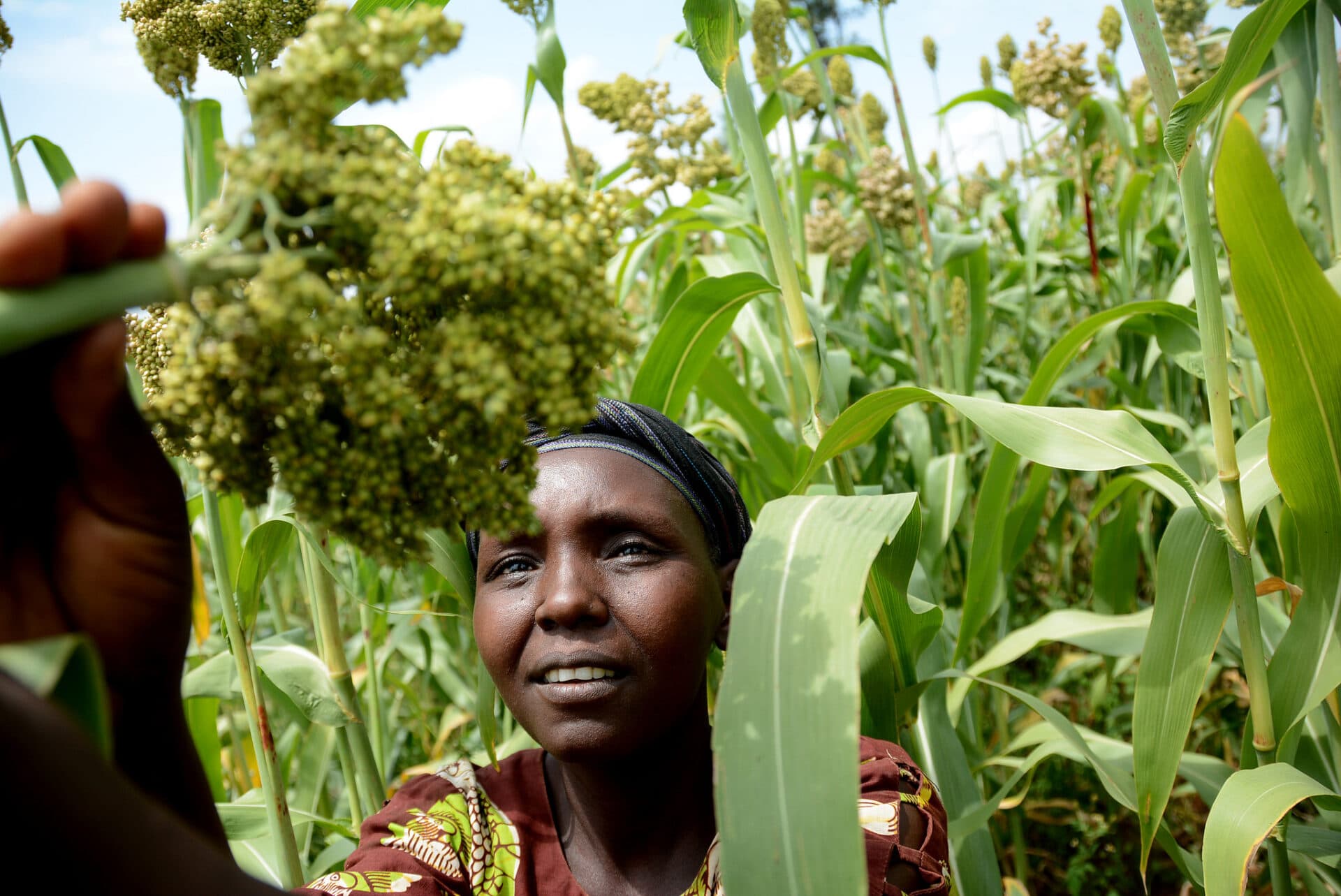Donors Pledge Over $142 Million to Scale CGIAR Climate Research
At COP30 donors committed more than US$142 million to CGIAR to accelerate agricultural research and translate science into tools that help countries set adaptation targets and measure progress under the Global Goal on Adaptation. The funds aim to support smallholder farmers across Africa and the Global South facing deeper droughts, rising pest pressures, and volatile markets, but they arrive amid stalled negotiations over broader climate finance commitments.

Donors at the COP30 climate summit on 10 to 13 November 2025 pledged more than US$142 million to CGIAR, the international agricultural research partnership, signaling a renewed focus on research driven adaptation for food systems in Africa and the Global South. The United Kingdom, Denmark, Belgium and Canada were among contributors to the package, which is explicitly aimed at converting scientific advances into practical tools and programs that can be deployed at scale.
Funding is earmarked to help countries set adaptation targets and to measure progress under the Global Goal on Adaptation, a framework that seeks comparable indicators and metrics for resilience building. Officials framed the commitment as an effort to close the gap between research outputs and on the ground implementation, moving from lab and pilot projects to national programs that reach smallholder farmers confronting worsening droughts, new pest outbreaks and growing market shocks.
The pledge comes against a fraught backdrop. COP30 negotiations stalled over broader finance issues, with African delegates urging more predictable and accessible climate support. That diplomatic friction underscores a key policy challenge for adaptation: research and innovation are necessary but insufficient without sustained, medium to long term financing streams that enable scaling and maintenance of interventions.
From a market perspective, better targeted agricultural research can reduce yield volatility and lessen price spikes that ripple through domestic and global food markets. Tools that improve drought resistance, pest monitoring and supply chain resilience can lower the frequency of severe production shortfalls, moderating food price inflation and reducing welfare losses among net food purchasers. For import dependent countries in the Global South, even modest supply improvements can have outsized impacts on food security and public budgets.
However the $142 million pledge will need to be absorbed into national planning and complemented by investments in extension services, rural infrastructure and market access to realize those benefits. Research translation requires capacity building at local institutions, seed systems, financing mechanisms for smallholders and better data to track adaptation outcomes. The emphasis on measurement under the Global Goal on Adaptation is therefore consequential, because robust indicators can help direct scarce finance toward interventions with demonstrated returns and attract private sector participation.
Longer term trends make the case for sustained investment. Climate models and observed weather patterns indicate an intensification of drought risk in many agricultural zones, alongside shifts in pest ranges and greater volatility in commodity markets. That makes the development and dissemination of resilient crop varieties, improved water management techniques and climate smart advisory services an economic priority for governments and donors alike.
The COP30 pledge to CGIAR represents a targeted step toward those objectives, but it also highlights the limits of ad hoc commitments. To translate research into durable resilience, policymakers will need to pair innovation funding with predictable finance, stronger national institutions and market reforms that enable farmers to adopt and profit from new technologies. Only then can the potential of agricultural research translate into sustained reductions in vulnerability across Africa and the Global South.


